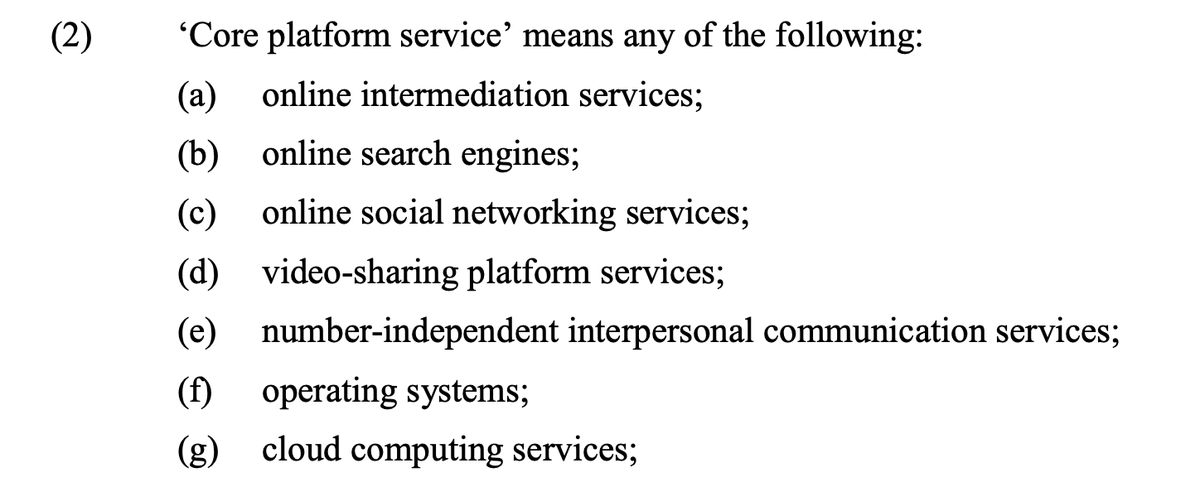
thank you for all the nice comments about the @BBCNewsnight interview! I tried to communicate infrastructure's importance. if new to you, here is a 🧵of some (not all!) academic work by others which highlights the power of technical infrastructure (rather than eg data).
on power and Internet infrastructure below the application layer (eg websites, apps) @nielstenoever's thesis nielstenoever.net/wp-content/upl…; @C___CS doi.org/10.1016/j.telp…; @LauraDeNardis and @ChrisTMarsden's books e.g. oapen.org/record/622853 







on enclosure by platforms, @julie17usc's book doi.org/10.1093/oso/97…; on security as driving control, @zittrain's paper dash.harvard.edu/bitstream/hand…; 



on the power from controlling Internet availability, @1lucabelli @JusTechne write on WhatsApp's ToS and Zero Rating cyberbrics.info/whatsapps-new-…; @NothiasT writes on Facebook Free Basics across Africa doi.org/10.1177/016344…; @pcihon @helanigalpaya in Myanmar perma.cc/22ED-CKKZ 





just a tiny sample. what characterises power-through-internet infrastructure is that it's hard to categorise. if you do so, you'll only invite the sneaky use of power outside your given policy or regulatory lens, and miss it for your blinkers (or ooglappen, @Jausl00s @MegLeta)
• • •
Missing some Tweet in this thread? You can try to
force a refresh











